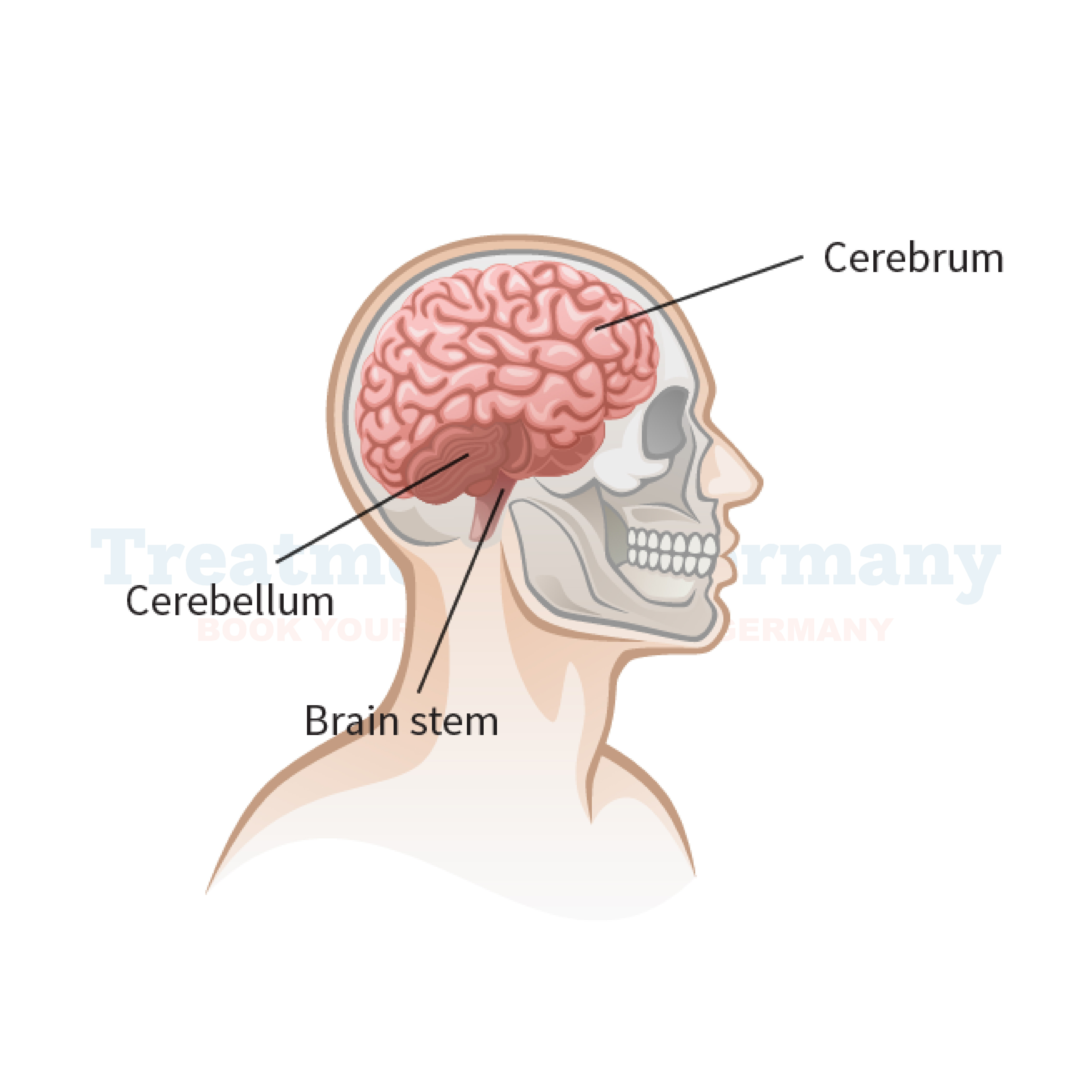What is Concussion:
Concussion, often referred to as a mild traumatic brain injury (TBI), occurs due to a sudden blow or jolt to the head or body, causing the brain to move rapidly within the skull.
This rapid movement can result in chemical changes in the brain and sometimes stretching and damaging of brain cells. While concussions are often considered mild, they should be taken seriously as they can lead to various short-term and long-term effects.
Side effects of Concussion:
The symptoms of a concussion can vary widely among individuals and may not always be immediately apparent. Common side effects include headaches, dizziness, confusion, memory problems, sensitivity to light or noise, fatigue, and nausea.
Emotional symptoms such as irritability, anxiety, and depression can also occur. In some cases, symptoms may persist for weeks or even months, affecting daily activities and overall quality of life.
How is Concussion diagnosed?
Diagnosing a concussion typically involves a comprehensive evaluation by a healthcare professional, such as a neurologist or a sports medicine specialist.
This evaluation may include a detailed medical history, a physical examination, and various neurological tests to assess cognitive function, balance, and coordination. Imaging tests such as CT scans or MRI may be ordered to rule out other possible injuries or complications.
Potential treatments of Concussion:
Treatment for concussion focuses on managing symptoms and allowing the brain to heal properly. This often involves a combination of rest, both physical and cognitive, to avoid further injury and promote recovery.
Medications may be prescribed to alleviate specific symptoms such as headaches or sleep disturbances. Cognitive rehabilitation therapy may also be recommended to help patients regain cognitive function and address any lingering cognitive issues.
👉 Contact us for further information and receive a complimentary consultation.


.webp)
 (1).webp)

.webp)
 (1).webp)


.webp)
 (1).webp)

.webp)
 (1).webp)
